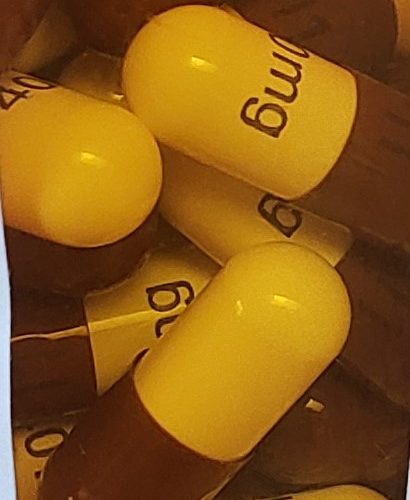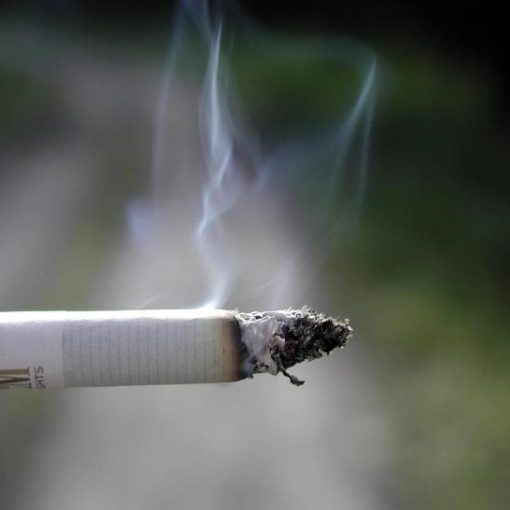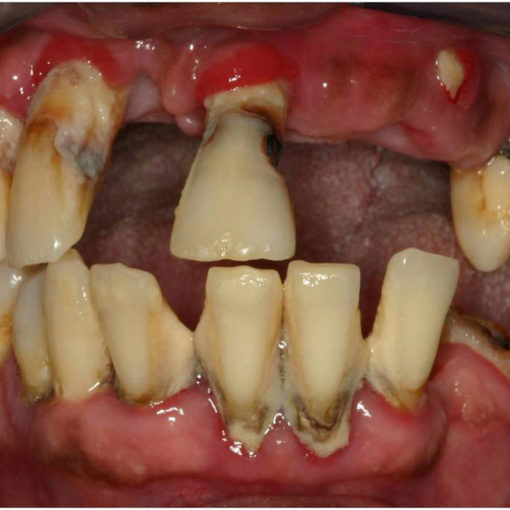Medications and Oral Health
Medications are so commonly used, with the majority of the population consuming some form of drug, that can cause several unwanted side effects. As medications alter the body to work better, they also alter the body to cause side effects.
Just an added note when the dental hygienist, dentist or assistant asks if there’s any changes in the medical history be honest with the medications as many of them cause oral health issues. Many patients will say “nothing that pertains to my mouth” while on a list of medications. The more the dental professional knows the better they can help with oral care.
Blood thinning medications promote abnormal bleeding. They can cause excessive bleeding with dental surgery or cleanings. These medications include anticoagulants, aspirin, heparin, and warfarin.
Taste altering medications can cause metallic, bitter or the inability to taste. These medications include cardiovascular agents, central nervous system stimulants, nonsteroidal anti-inflammatories, respiratory inhalants, and smoking-cessation products such as nicotine skin patches.
Soft-tissue reaction medications can be linked to the development of oral sores, inflammation oral discoloration of oral tissue. These medications include blood pressure, oral contraceptives, immunosuppressive agents, and chemotherapeutic agents.
Overgrowth of tissue medications can cause overgrown and enlarged tissue. These medications are: antiseizure, immunosuppressants related to organ transplants, and calcium channel blockers.
Dry mouth medications reduce the saliva flow. These medications include antihistamines, decongestants, painkillers, high blood pressure, muscle relaxants, antidepressants, urinary incontinence, and Parkinson’s.
Oral inhalers may cause oral candidiasis or fungal infections.
Tongue coating is a white, black, or yellow layered residue on the tongue. Medications include antiviral, antibiotics, steroids, blood thinning, antipsychotic and diabetes.
Bruxism the act of clenching or grinding the teeth. These medications include antipsychotics, antidepressants, and psychotropic agents.
Development of decay with many medications which contain sugar. These medications include liquid form, cough syrup and drops, vitamins, antacid tablets, and antifungal agents.
Mucositis is the inflammation of the moist tissue lining the mouth. These medications include chemotherapy treatment.
Tooth discoloration of brown, yellow-brown, green, or gray is from internal staining. These medications include fluoride, tetracycline, minocycline, and ciprofloxacin.
Jaw necrosis is the progression of death of the jawbone. These medications include anti-angiogenic and anti-resorptive agents including Fosamax, other bisphosphonate agents and Denosumab.





